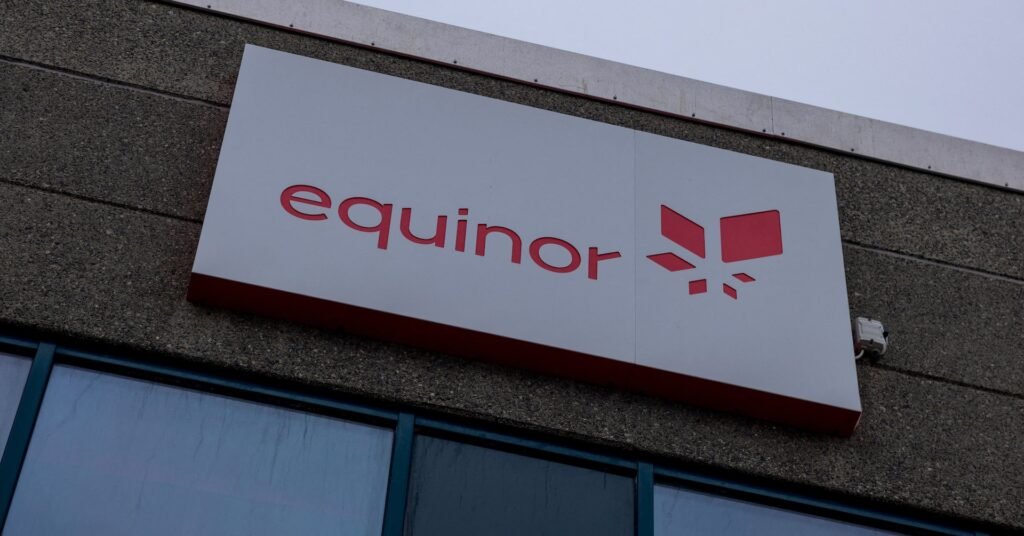Equinor’s head of international operations said it may not be as attractive to invest in the British oil and gas sector if taxation of oil companies changes, as is expected.
“We need to look at our appetite to invest further in the UK based on the fiscal regime … it could be that the economics are really, really hard impacted,” Philippe Francois Mathieu said in an interview on the sidelines of an energy conference.
The companies have decided to invest $3.8 billion in the first phase of the project – the largest oil project offshore Britain in recent years – with an eye on a second phase of development, with more investments after that.
Asked what were the implications for Rosebank, Mathieu said: “As of today, we are continuing Rosebank.
“What we need to understand before we communicate, or even to strategise, and decide internally what the future for us in the UK looks like, is to understand the fiscal regime by the new Labour government,” he said.
“That’s going to determine what appetite to invest more in the UK we have.”
Labour, which won elections in July, said in its election manifesto it would halt new oil and gas exploration licences and hike by 3 percentage points a windfall tax first imposed on oil companies in 2022, after energy prices spiked following Russia’s invasion of Ukraine.
The current 35% windfall tax, which will run until 2029, brings the total tax burden on producers to 75%, among the highest in the world.
Aside from Rosebank, the Norwegian state-controlled company also operates the Mariner field in the North Sea, which produces some 25,000-30,000 barrels per day.
Sign up here.
Reporting by Nerijus Adomaitis; Editing by Gwladys Fouche and David Holmes
Our Standards: The Thomson Reuters Trust Principles.

